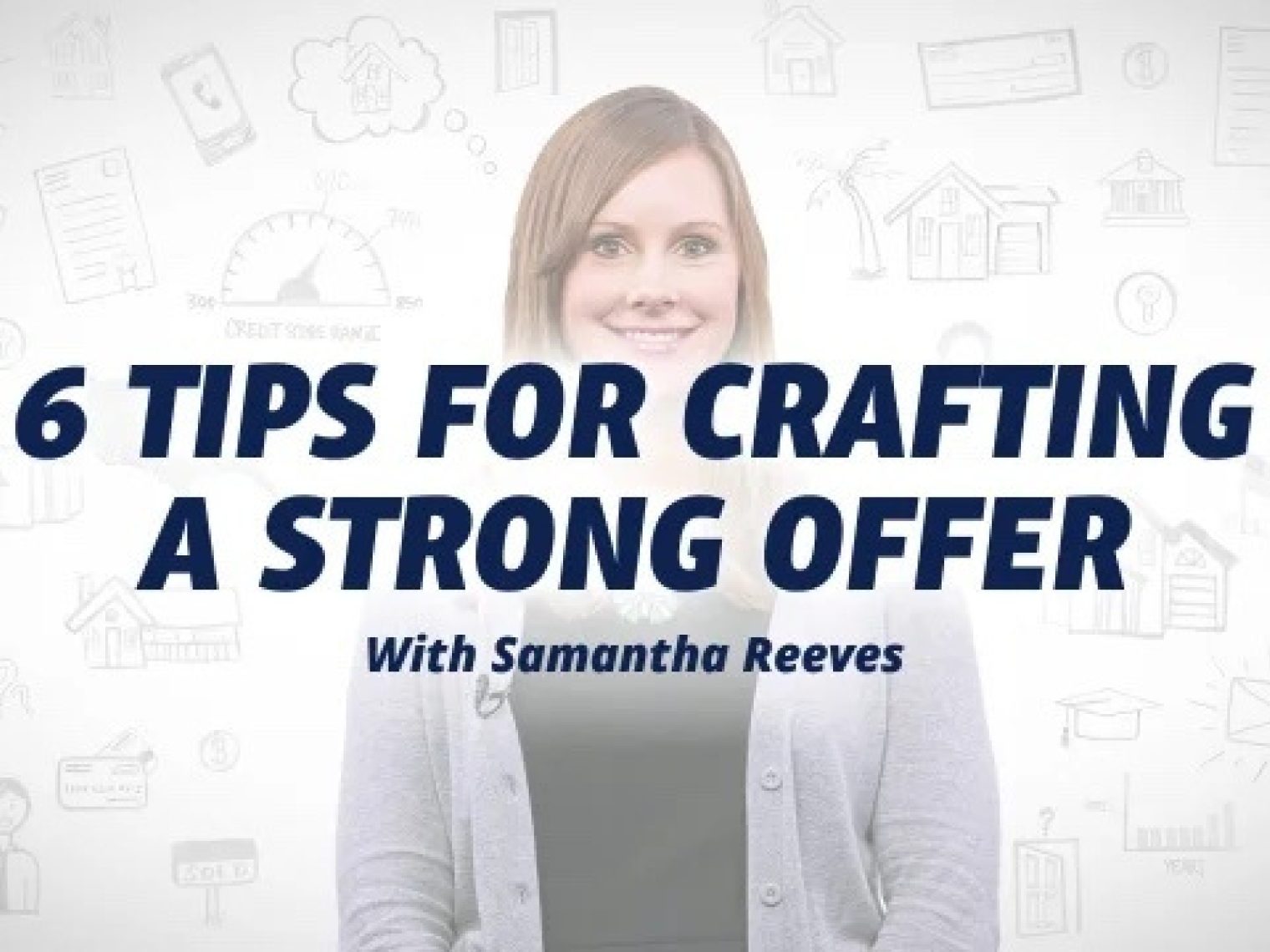Selling your home and buying another house can feel like a juggling act, especially for Veterans and service members using their VA entitlement. Whether you receive a new job, want to be in a nicer neighborhood or simply need more space, trying to sell your current place and find a new one to move into can get complicated fast.
Ideally, your next home is ready to move into as soon as you sell your current home. However, this isn’t always the case, and the time between selling and buying a home doesn’t always align the way you hope.
Let’s explore the different options for selling and buying a home simultaneously and some steps you can take to simplify the process.
Should I Sell My House Before Buying a New One?
Whether or not you should sell your home before buying another will likely depend on your financial stability, current market conditions, and personal preferences.
Generally, selling first allows you to use the cash for a down payment, potentially lowering monthly payments or improving loan terms. It’s important to consult your Realtor on market conditions and selling timelines to decide what are the best next steps for you.
“You should decide whether it’s best to rent temporarily or find a new home before closing on your current home,” says Brooks. “Additionally, selling your home prior to buying a new one or if it’s under contract boosts buying power and reduces risk to the sellers.”
Let’s look at the pros and cons of selling your home before buying a new one.
Selling a House Before Buying
| Pros | Cons |
|---|---|
| One mortgage payment | You need temporary housing |
| Easier to qualify for a new home | You risk not finding a home that fits your needs |
| Use sale profits for a down payment | May have a stricter timeline |
For homeowners with an existing mortgage, selling before buying may be an excellent option to avoid the burden of two mortgages. Selling your home with a mortgage first prevents financial strain and avoids a potentially high DTI ratio that could impact your ability to qualify for a new mortgage.
However, keep in mind there are still some costs when selling your home. You can also use the proceeds from your home sale to cover these fees or for a down payment on your new home.
While selling first eliminates some risk, it may leave you without a proper living situation and require temporary housing solutions. This could be a strategic move, allowing for more flexibility in finding the perfect new home, but it also adds the inconvenience and cost of moving twice.
“If you qualify for a new home without selling and don’t need the proceeds for a down payment, you can shop without temporary housing or time constraints,” says Brooks.
On the other hand, buying a house while still owning your old one may be better in some cases. Here are the pros and cons of buying first.
Buying a House Before Selling
| Pros | Cons |
|---|---|
| No temporary housing | Two mortgage payments |
| Fewer moving expenses | Struggle to come up with a down payment |
| More time to move | High debt-to-income (DTI) ratio |
Buying first can ensure you have a new home to move into directly, reducing the stress and logistical challenges of temporary housing. In a seller's market, having already secured a new home can be a significant advantage, allowing you to sell your current home without pressure and potentially at a higher price.
However, carrying two mortgages can be financially challenging and requires solid planning with the potential for a contingency plan. Multiple mortgages can inflate your DTI ratio, potentially affecting your credit score and ability to qualify for other loans. If your current home does not sell as quickly as anticipated, you may face prolonged financial pressure.
There are also potentially significant considerations for Veterans and service members who might want to reuse their VA loan benefit for the new purchase. You won’t have the full reach of your benefit until your current VA-backed home is sold and the loan gets repaid in full. Getting that entitlement restored before closing on a new purchase gives you the full reach of your zero-down buying power.
How to Buy a House While Selling a House
Whether you decide to sell your current home first or buy a new house first, there are specific steps you must take to ensure a smooth and successful move.
1. Assess Your Financial Situation
It’s very important to start by evaluating your credit score and income. These factors are crucial since they influence your mortgage interest rate and how much you can borrow. A higher credit score can lead to better loan terms, so it's worth checking your score well in advance to correct any errors and improve it if possible.
Since you’ve already purchased a home, it’s essential to figure out how much equity you have in your current home. Equity is the difference between what your home is worth and what you owe on your mortgage. This amount significantly affects how much money you'll have for a down payment on your next home.
Before you start looking for your next home, get preapproved for a mortgage. While most repeat homebuyers understand the importance of mortgage preapproval, it can improve your purchase timeline and give you peace of mind.
2. Understand the Market
The current housing market can greatly impact your timeline when buying and selling a home. In a seller's market, your current home may sell quickly and for a higher price. This can be advantageous but may also mean facing higher prices and competition when buying your next home.
If you're purchasing in a buyer's market, you could find yourself in a position to negotiate a better deal on your new home. However, selling your current home might take longer and for less profit.
3. Prepare Your Home For Sale
Understanding what to do before listing your home can make it more appealing to buyers. Consider making necessary repairs that could deter buyers or affect the home’s sale price. Staging your home or arranging it to highlight its best features can also make a big difference in how quickly it sells and for how much.
4. Find a Trusted Real Estate Agent
Even if you've bought or sold a home before, a trusted real estate agent is always helpful. They can help narrow down or improve your home search, negotiate terms and navigate complex situations like the home sale contingency clause. This clause is common when selling and buying a home at the same time and makes your offer on a new home dependent on the sale of your current one, which can be a deal-breaker in competitive markets.
5. Coordinate and Close on Both Homes
It’s necessary to keep both your buyer and seller informed of any changes in the timeline. Good communication can prevent misunderstandings and keep the process moving smoothly.
Try to align your moving dates as closely as possible with your closing dates to avoid the need for storage or temporary housing. Also, make sure all details are correct on both the buying and selling sides. It’s crucial to catch any errors before closing. Sometimes unexpected issues arise at closing, so stay flexible and have a backup plan just in case.
With the right approach and preparation, buying a new home while selling your old one can be a very rewarding journey.
What if I Have Trouble Selling My Home?
Selling your home can be difficult, but there are ways to improve your chances of securing a buyer. First, ensure your home is adequately priced by comparing it to similar properties in the neighborhood. An overpriced home can deter potential buyers, so it's critical to adjust your pricing strategy based on the current market trends and feedback from a local real estate agent.
Partnering with a skilled real estate agent is perhaps the best solution if you have trouble selling your home. A good agent brings invaluable expertise in pricing, marketing and negotiation. They can suggest creative solutions like lease-to-own options if the traditional selling approach doesn't work. They can also leverage their network and resources to widen your home’s exposure to potential buyers.
Effective marketing is also important for attracting buyers. Investing in professional photography and staging can make a world of difference by showcasing your home in the best light. You can also touch up on your open house etiquette. A great open house is key to helping potential buyers envision themselves living there.
These actions can significantly enhance your home's appeal and lead to a successful sale, even in a challenging market.
Related Posts
-
 How to Make an Offer on a HouseOnce you’ve found the right home, you need to know how to put together a purchase offer. Learn tips for putting an offer on a house with a VA loan.
How to Make an Offer on a HouseOnce you’ve found the right home, you need to know how to put together a purchase offer. Learn tips for putting an offer on a house with a VA loan. -
 4 Tax Breaks for Homeowners for 2025Owning a home not only offers a sense of security but can also lead to significant tax savings. Discover the top tax deductions and credits available to homeowners so you can enjoy the perks of homeownership – even at tax time.
4 Tax Breaks for Homeowners for 2025Owning a home not only offers a sense of security but can also lead to significant tax savings. Discover the top tax deductions and credits available to homeowners so you can enjoy the perks of homeownership – even at tax time.

